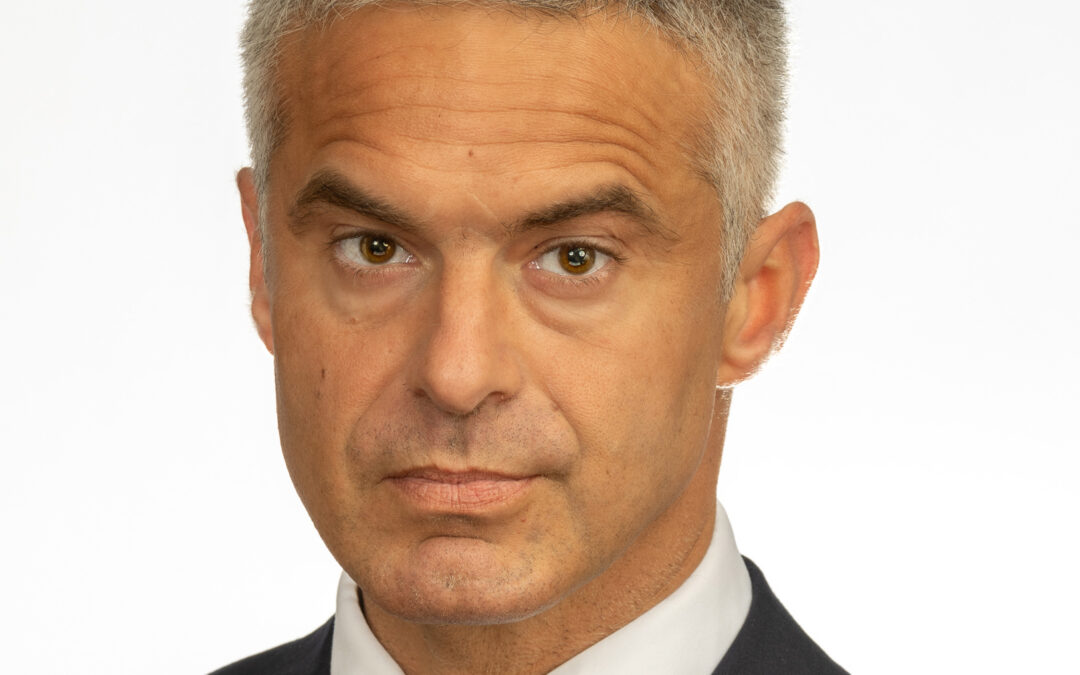The DUI police officer comes up. He bangs on the glass. He gets your license. Then he starts…
COP: “Ma’mm, do you know how fast you were going?” or “Is there some reason you could not stay in your lane back there?” or “Miss, I clocked you with laser going 78 in a 45 miles per hour zone. Are you on your way to an emergency or something?”
YOU: “Officer, I choose to remain silent.” Answer nothing about why you were stopped or arrested. If you do talk, never say that you committed some traffic offense. Stay calm. Be nice.
YOU: “Sir or Ma’am, I believe I stayed in my lane.” Everything you say is recorded, and your DUI lawyer may be able to use the favorable things you said to win your case.
COP: “Get out of the car.” He’s watching you. How do you get out? Are you crying? Are you holding the door? He’s going to write it all down in his report in a little while. You’re better off not immediately getting out of your car.
YOU: Politely, “May I ask you why I need to get out of my car?”
COP: “I think you’re drunk.”
YOU: “I would like to call my DUI lawyer to decide what to do.” He won’t let you. He insists that you get out. Never physically resist the DUI officer. Do verbally try to decline getting out of your car. If he helps you get out of your car by opening your door and putting his hands on you, then you are now in custody. And, this is what you want. Don’t get mad or act out in anyway. Just do exactly as he tells you to do. And be nice.
Don’t do the Field Sobriety Tests.
If you do the field sobriety tests, you will probably fail them without ever knowing that you failed.
How to handle the rest of the DUI stop
- If asked about alcohol use or drugs, either admit nothing, or blame it on your bottle of mouthwash. You could say, “I just brushed my teeth.”
- Never incriminate yourself by admitting that you drank “only two glasses of wine with dinner.” If you do, you’re going to jail.
- If asked about your license or any documents have them ready for the officer.
- Never voluntarily get out of your car. Stay seated. Keep your hands visible, on the wheel.
- If the officer asks you to get out of the car, tell him that “I prefer not to get out because of safety.”
- If the cop says he smells alcohol or drugs, never admit to anything. Just ask, “Am I under arrest?” The officer will say something like, “I need to give you some field evaluations to make sure you are safe to be on your way home.” This is a trick. It sounds good until he says you failed the tests. Politely say, “Thank you officer. Unless I have my lawyer present, I’d prefer NOT to try and perform field sobriety tests or medical tests that I don’t know about. Expect to be prodded and verbally challenged about why you are refusing to take these “simple tests.” Just sit there and listen to it. Never let the cop start any of these evaluations. Only when he orders you to get out, and physically opens your door should you reluctantly leave your car.
- Once you get out of the car, do nothing and walk nowhere other than where he says to go. Explain your desire to not get out of the car at the roadside, and your desire not to be asked to walk, balance, count or perform any voluntary roadside evaluations of any kind. If offered a hand-held breathalyzer, just say no. If asked, “Why not blow if you haven’t been drinking?” Tell him you have no confidence in battery-powered devices that could be wrong or carry bacteria, germs, and diseases like tuberculosis.
- Ask to call your lawyer on your cell phone as soon as the officer starts getting pushy. Also, tell the cop you are willing to satisfy his concerns for safety by handing him your keys and either walking home or taking a cab. But, you will never submit to testing that might be inaccurate or unreliable. The officer might ask, “So you don’t think you are safe to drive?” You reply, “That’s not true. I am trying to make you happy. I am being cooperative with you, even if I believe you are wrong.”
- Assume everything is being recorded in his car and outside your car. He’s wired. His microphone can hear you whisper. So, remain silent. Remain silent even if you think you’re in a private place.
- If you’re being followed by a police officer, never pull over before he puts blue lights on.
- May I call a cab, walk by foot, or go with a friend?
- Tell the cop that you are willing to satisfy his concerns for safety by handing him your keys and walking home, or cab it, but you will not take a test that is unreliable and inaccurate.

